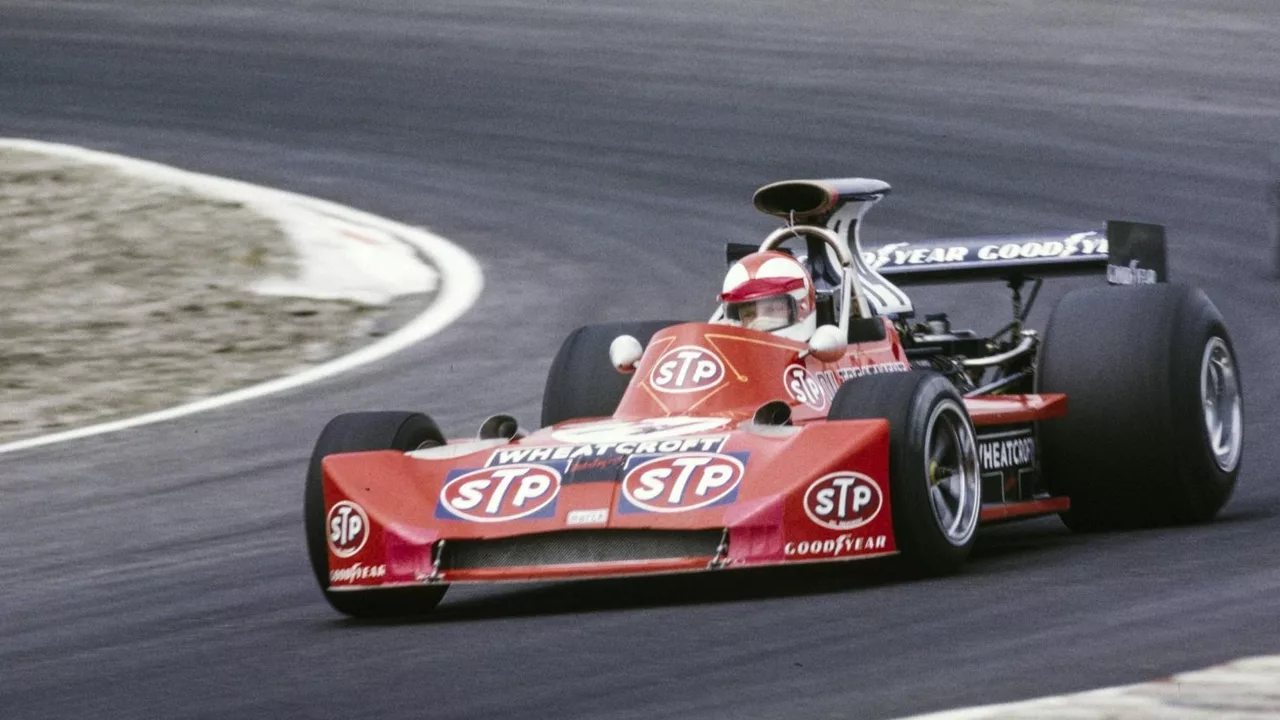Would an F1 car win an IndyCar race?

Understanding the Speedsters: F1 vs IndyCar
When it comes to high-speed motor sports, none loom larger in our imagination than the glitz and glamour of Formula 1 (F1) and the soaring speeds of American IndyCar racing. Whether it's the rumble of a finely tuned F1 engine or the roar of an IndyCar ripping towards the finish line, each has their unique brand of excitement which begs the question: Would an F1 car win an IndyCar race?
Now, I already know what some of you are thinking: "Lachlan, how can you even compare the two? They're completely different beasts!" And you're right, they are. But it's precisely this difference that makes the question so intriguing. So, let's strap in, rev the engine and dive into this adrenaline-fueled topic, shall we?
A Tale of Two Miraculous Machines
Firstly, let's start by knowing these beasts a bit. The most significant differences between an F1 and IndyCar lies in their design and engineering. F1 cars are designed to be ultra-handling, aerodynamically superior marvels made for tight corners and frequent position changes. They are powered by hybrid power units and are lighter than IndyCars. Speed is crucial, yes, but it's the strategies, the agility, and the control that often win the day.
On the other hand, IndyCars are designed for high-speed ovals, and thus they pack a lot more power and speed, throwing caution to the wind. They're heavier but with a simpler design, less focused on aerodynamics and more on raw, untamed speed. When your only goal is to dash to the finish line as fast as possible, you don't worry too much about perfecting those tight corners.
A Glimpse into How Races are Organized
Aside from the vehicle differences, race organization is another factor that comes into play. F1 circuits often involve a mix of straights, corners, and street races imbued with strategic components and unpredictability. There, you come across uphill climbs, descents, and more complex elements that require much more than just speed to overcome.
On the contrary, IndyCar circuits, while they do have some street circuits and road courses, are predominantly made up of high-speed ovals such as the famed Indianapolis Motor Speedway. There, it's all speed, lap after lap with minimal obstructions and complexities. Thing about this race is that it turns into a gutsy challenge of nerve, control, and daring – how long can you keep your foot planted firmly on the throttle?
Rolling an F1 Car onto an Indy Track
So, let's finally address the burning question, shall we? Would an F1 car win in an IndyCar race? Well, it's complicated. In terms of raw speed, despite IndyCars being built for it, an F1 car could likely outrun it. The engineering advances, hybrid power units, aerodynamics and lighter weight could give it a speed and efficiency edge.
But, and it's a significant but, F1 cars aren't designed for the same kind of track. They shine on variable circuits with twists and turns, utilizing high-tech aerodynamics. Going full throttle on a high-speed oval track could push an F1 car beyond its limits and possibly lead to mechanical issues or failures, making it, ironically, slower in an IndyCar race.
Understanding the Drivers: More than Just Cars
Last, but not least, we can't leave the drivers out of this discussion. F1 drivers are accustomed to a specific style of racing where strategy and position play significant roles. In comparison, IndyCar drivers are likely to be more skilled in handling the sheer speed and raw power that comes with oval racing.
I remember, once, during a local kart race back home, I was thrown a curveball (literally) as the karts we used were different from what we were used to. The point here being, even if we had an F1 car that could withstand a full-throttle onslaught on an oval Indy track, the driver's skill, instincts, experience, and adaptability would matter the most. What good is a Ferrari if the driver can't handle it, right?
In summary, if an F1 car were to participate in an IndyCar race, the results would depend on numerous factors. The car's engineering, the track, the driver, and even the relentlessness of the sport itself. In essence, while theoretically, an F1 car could win an IndyCar race, in practice, several obstacles could prevent this from happening.
Now, all this doesn't mean we wouldn't enjoy seeing an F1 vs IndyCar race, right? Just imagine the roar of the engines, the skill of the drivers, and the cars smashing their optimal speeds. Now that, my friends, would be a real spectacle to behold!